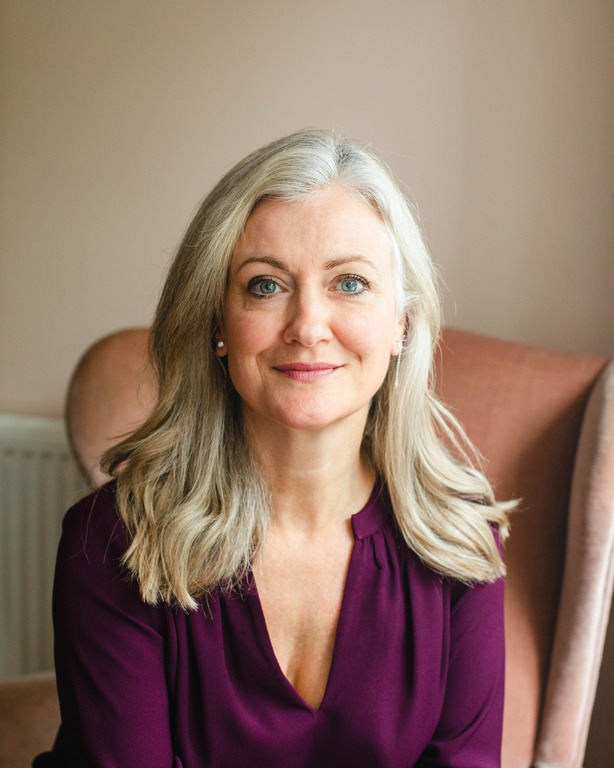Why the True Opposite of Anxiety is Trust
- Laura Alexander

- May 8, 2025
- 3 min read
Updated: May 9, 2025

Discover why the true opposite of anxiety isn’t just calm — it’s trust. Learn how building trust in yourself, your resilience and your future can help you overcome anxiety for good.
Have you ever wondered what the opposite of anxiety is? If you’re feeling anxious, you may not even have the emotional or mental bandwidth to think about it!
But it’s an important question, because deep down, we all want to feel its opposite. You can’t simply aim to remove anxiety — that’s a negative goal. True healing means moving towards a better state of being. Good mental health isn’t just about the absence of problems, it’s about creating positive, life-affirming states.
Anxiety in the body feels like tension, racing thoughts, shallow breathing, and a sense of dread. It’s the classic fight, flight or freeze mode, where your body and mind are primed for danger, even if no real threat exists. Your mind might be clouded and foggy and emotionally you may feel worry, niggling discomfort or even dread.
So, what’s the opposite?
Well, it depends on how you look at it — emotionally, psychologically, or physiologically.
Emotionally, the opposite of anxiety is often calm or serenity, a state free from nervous anticipation, worry or inner turmoil. Where anxiety heightens arousal and threat awareness, calm brings relaxation and a deep sense of safety.
Psychologically, many would say the opposite is confidence or trust. Anxiety feeds on uncertainty and fear about the future, while confidence and trust rest on belief — belief in your ability to cope and in positive outcomes.
Physiologically, anxiety activates your fight-or-flight response. Its opposite is the rest-and-digest state, ruled by your parasympathetic nervous system, where your body feels safe enough to relax, digest, heal and restore.
As a hypnotherapist, I know that hypnotherapy is an effective ways to reach these positive states. Through hypnosis, you can experience deep calm and safety, and then learn to recreate that state yourself through self-hypnosis.
But if you thought the answer was simply about feeling calm, that’s only part of the picture. Calm is important, but it’s a surface fix unless you also build something deeper — trust. Trust is what carries you through life’s toughest moments, no matter the circumstances.
Here’s how building trust can transform anxiety:
Trust that this is survivable — many people have faced worse and come through it, and so can you.
Trust in your resilience — you have faced challenges before and survived.
Trust that feelings pass — while this feels bad now, better days will come. Life moves in cycles and you’ll rise again.
Trust in your strengths — your skills, experiences and character traits are resources that will help you through this.
Trust in the process — this difficult time will pass, and you will probably find that there is an opportunity to grow through it.
Trust your instincts — they often guide you towards what’s right and safe.
Trust the people around you — those who care for you can offer real support when you let them in.
Hypnotherapy offers a clear, supportive path to building this foundation of trust. Here’s how it can help:
Reframe your situation — see challenges from a new, empowering perspective.
Mentally rehearse the future — through guided visualisation, you can practise success and calm responses before facing real-life situations.
Desensitisation — while in a safe and emotional comfortable state in hypnosis you can visualise anxiety-inducing situations in small steps until they lose their hold on you.
Dismantle negative beliefs — gently replace them with positive, supportive ones.
Activate your inner strengths — bring your positive resource states to the surface when you need them most, including your experiences, skills, knowledge and character traits.
Restore calm — hypnotherapy works on both the mind and body, promoting deep relaxation and switching off the fight-or-flight response.
Trust is the antidote to anxiety, enabling you to meet what life throws at you.
Trust yourself. You’ve got this.





Comments